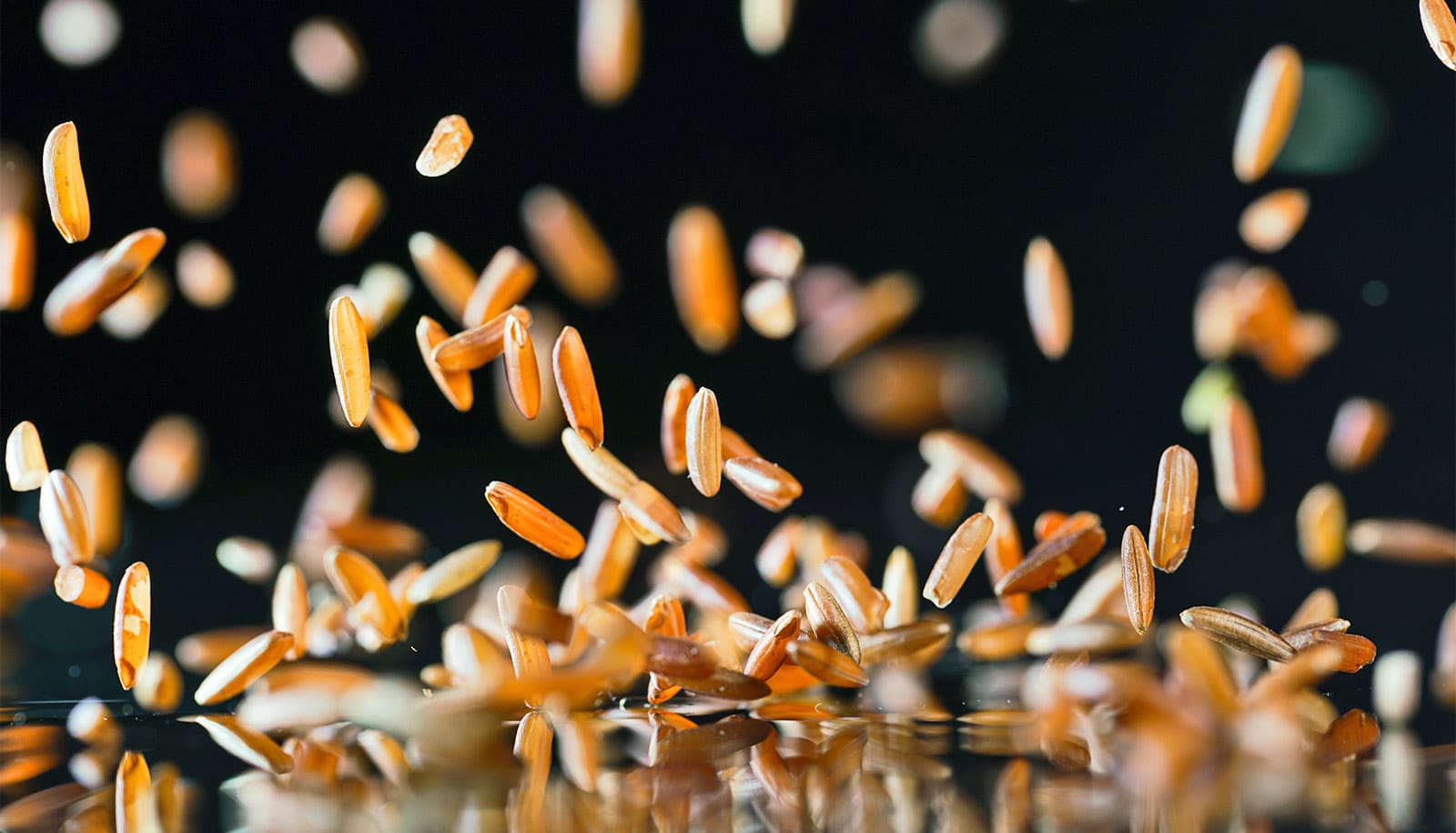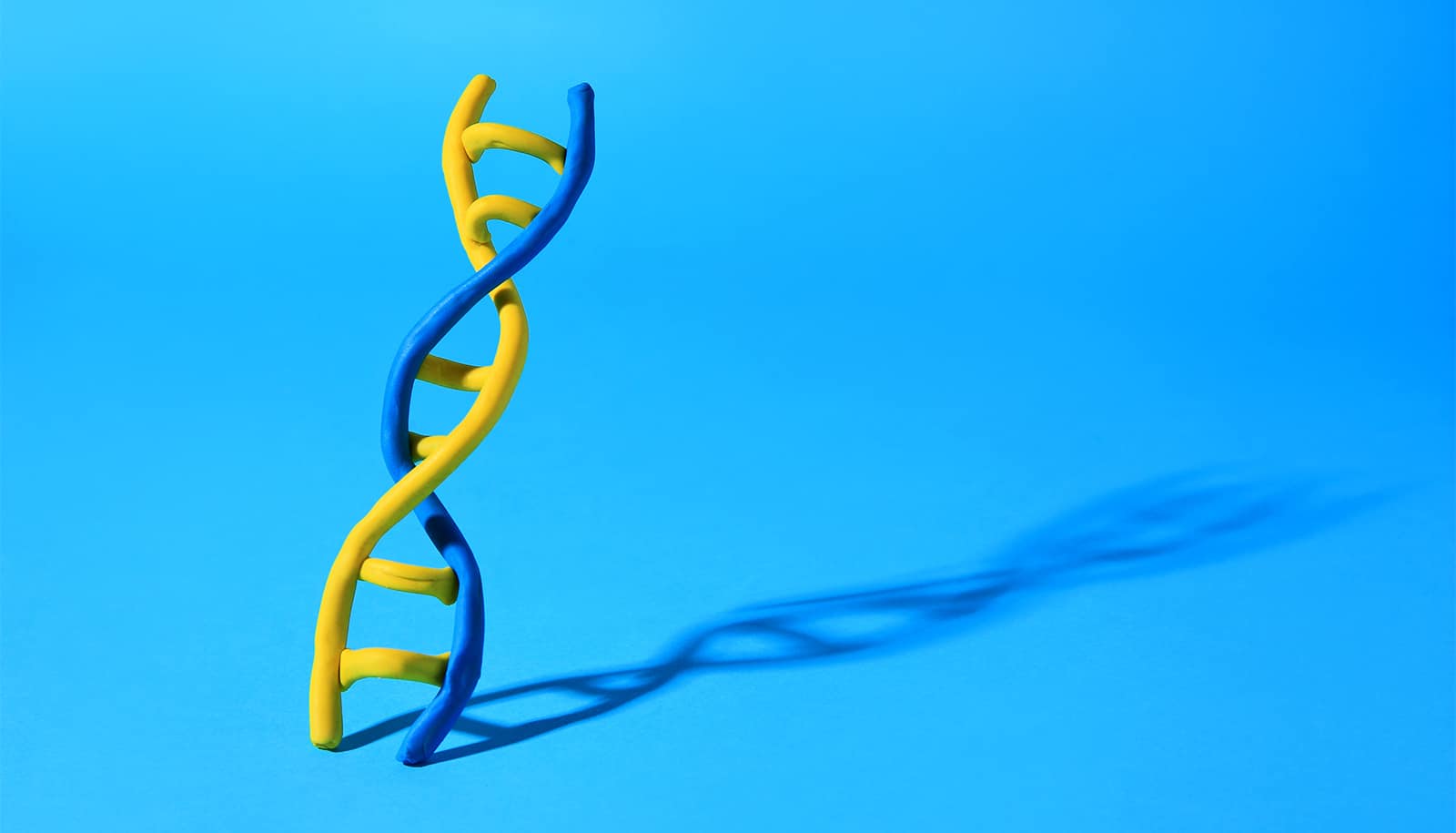One diet may not suit everybody, new research suggests.
“Dietary advice, whether it comes from the United States government or some other organization, tends to be based on the theory that there is going to be one diet that will help everyone,” says David Threadgill, with the Texas A&M College of Medicine and College of Veterinary Medicine & Biomedical Sciences and senior author of the study that appears in Genetics.
“In the face of the obesity epidemic, it seems like guidelines haven’t been effective.”
For the new study, researchers used four different groups of animal models to look at how five diets affect health over a six-month period. The genetic differences within each group were almost non-existent, while the genetics between any two of the groups would translate to roughly the same as those of two unrelated people.
The researchers chose the test diets to mirror those eaten by humans—an American-style diet (higher in fat and refined carbs, especially corn) and three that have gotten publicity as being “healthier,” including Mediterranean (wheat and red wine extract); Japanese (rice and green tea extract); and ketogenic, or Atkins-like (high in fat and protein with very few carbs). The fifth diet went to the control group, who ate standard commercial chow.
Although some so-called healthy diets did work well for most individuals, one of the four genetic types did very poorly when eating the Japanese-like diet, for example.
“The fourth strain, which performed just fine on all of the other diets, did terrible on this diet, with increased fat in the liver and markings of liver damage,” says lead author William Barrington, a recently graduated PhD student in Threadgill lab.
A similar thing happened with the Atkins-like diet: two genetic types did well, and two did very badly.
“One became very obese, with fatty livers and high cholesterol,” Barrington says. The other had a reduction in activity level and more body fat, but still remained lean. “This equates to what we call ‘skinny-fat’ in humans, in which someone looks to be a healthy weight but actually has a high percentage of body fat.
“In humans, you see such a wide response to diets. We wanted to find out, in a controlled way, what was the effect of the genetics.”
They measured physical signs, especially evidence of metabolic syndrome, which is a collection of signs of obesity-related problems, including high blood pressure and cholesterol, fatty liver, and levels of blood sugar. They also studied any behavioral differences, from how much they moved around to how much they ate.
“I wanted to get the diets as close to popular human diets as possible,” Barrington says. “We matched fiber content and matched bioactive compounds thought to be important in disease.”
How very low-calorie diets reverse diabetes
Perhaps as could be expected, both in earlier research and in anecdotal evidence in humans, the animal models tended not to do well on the American-style diet. A couple of the strains became very obese and had signs of metabolic syndrome. Other strains showed fewer negative effects, with one showing few changes except for having somewhat more fat in the liver.
With the Mediterranean diet, there was a mix of effects. Some groups were healthy, while others experienced weight gain, although it was less severe than in the American diet. Interestingly, these effects held, even though the quantity of consumption was unlimited.
The results demonstrate that a diet that makes one individual lean and healthy might have the complete opposite effect on another.
How Instagram could help us stick to our diets
“My goal going into this study was to find the optimal diet,” Barrington says. “But really what we’re finding is that it depends very much on the genetics of the individual and there isn’t one diet that is best for everyone.”
Future work will focus on determining which genes are involved in the response to the diets, Barrington says.
“One day, we’d love to develop a genetic test that could tell each person the best diet for their own genetic makeup. There might be a geographical difference based on what your ancestors ate, but we just don’t know enough to say for sure yet.”
Source: Christina Sumners for Texas A&M University



